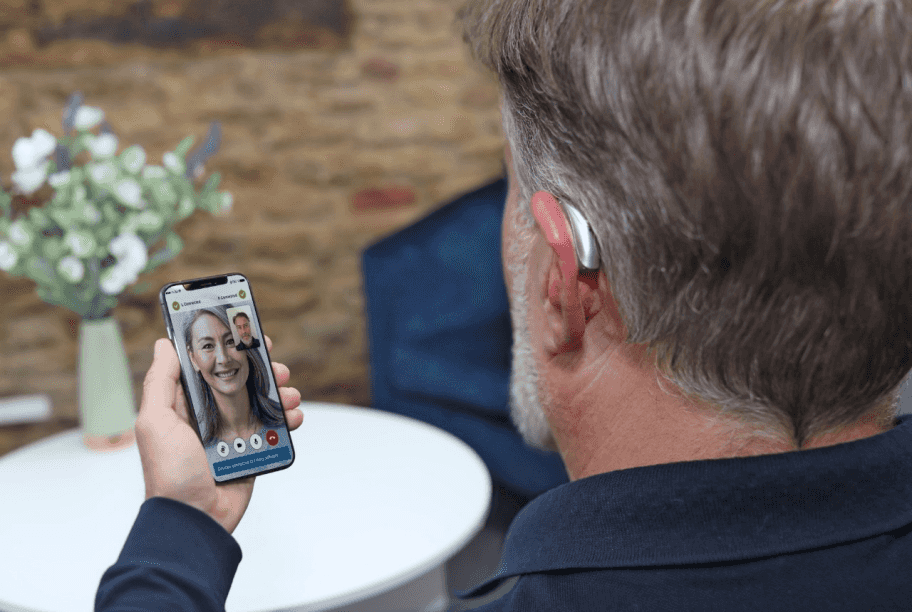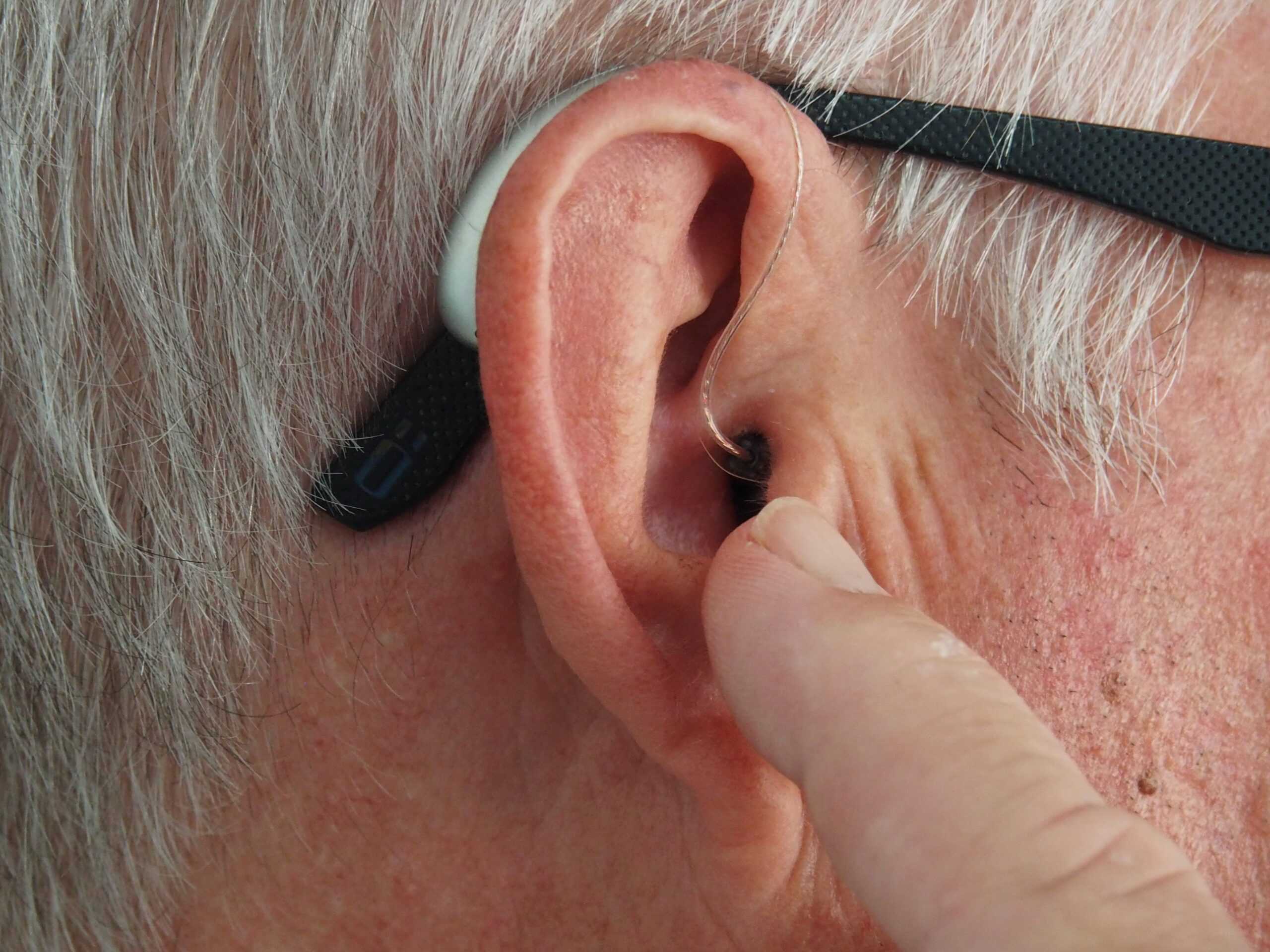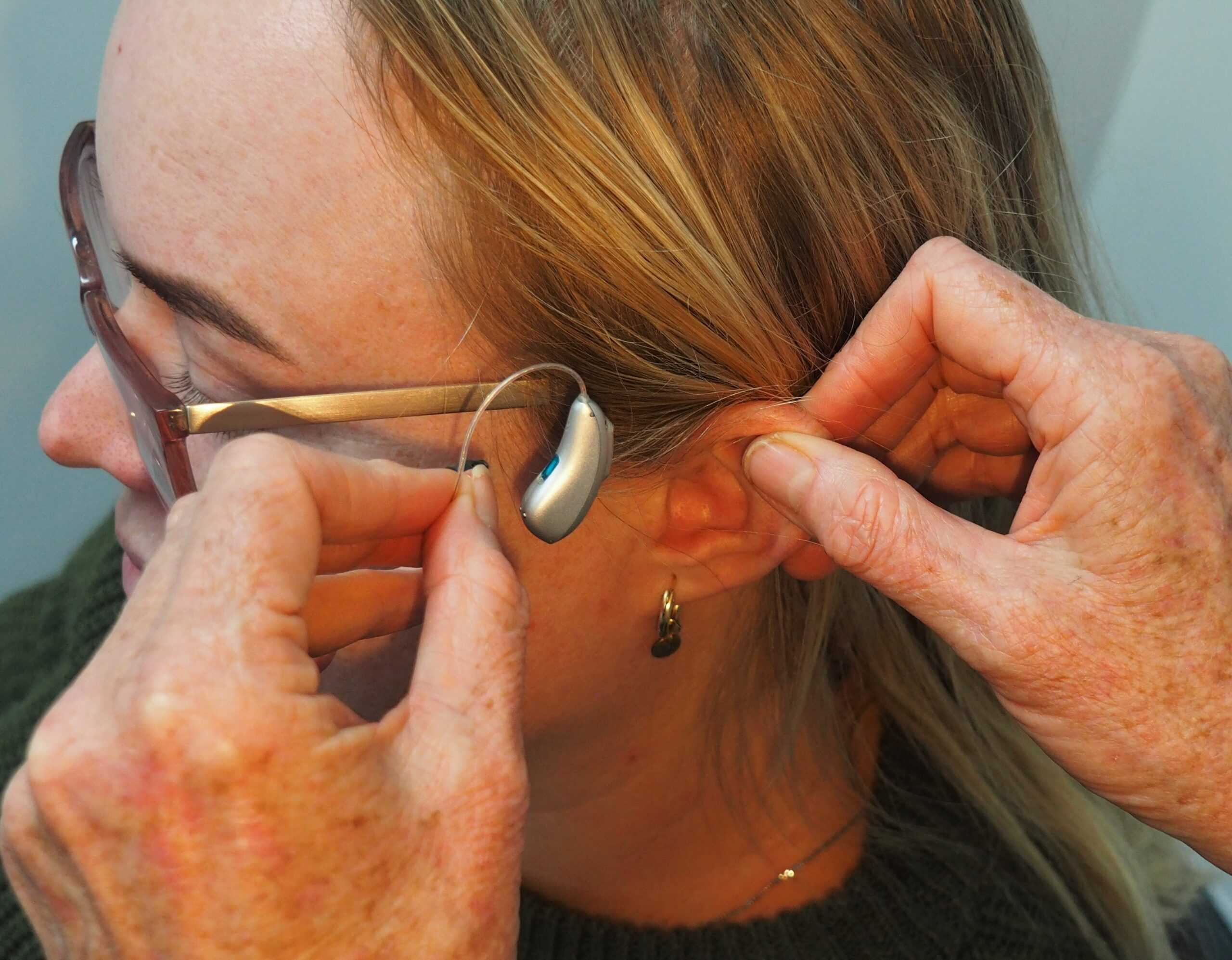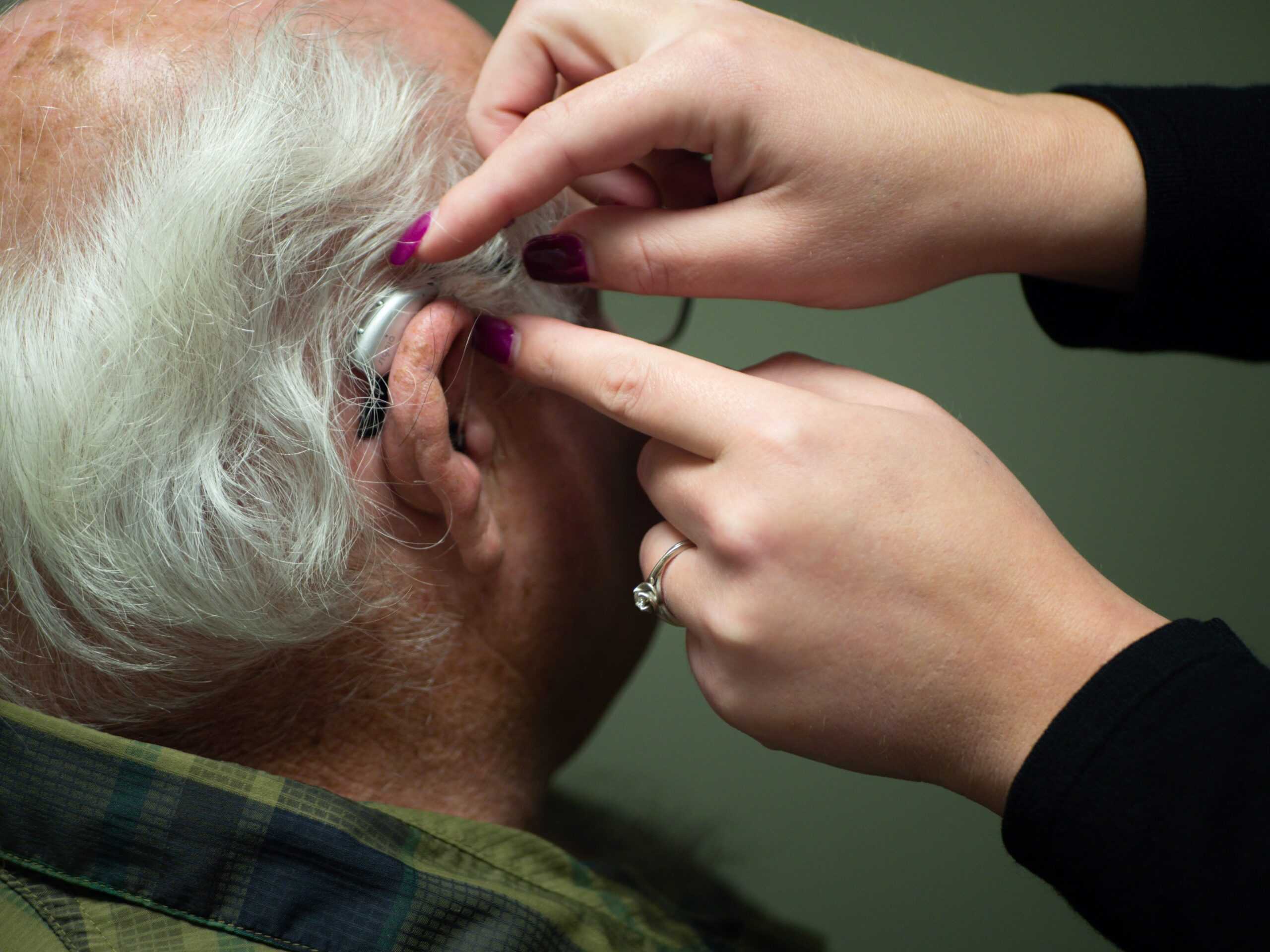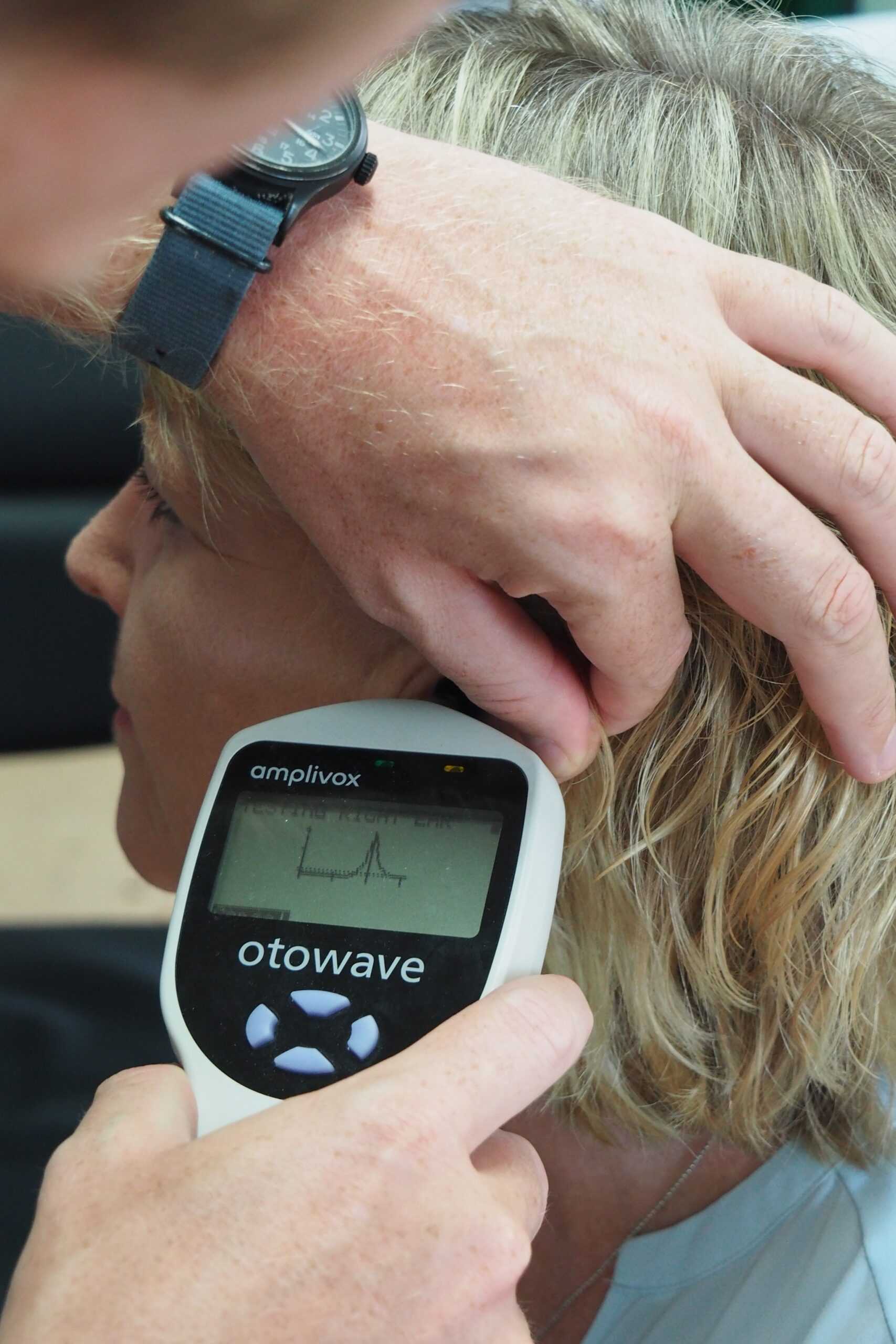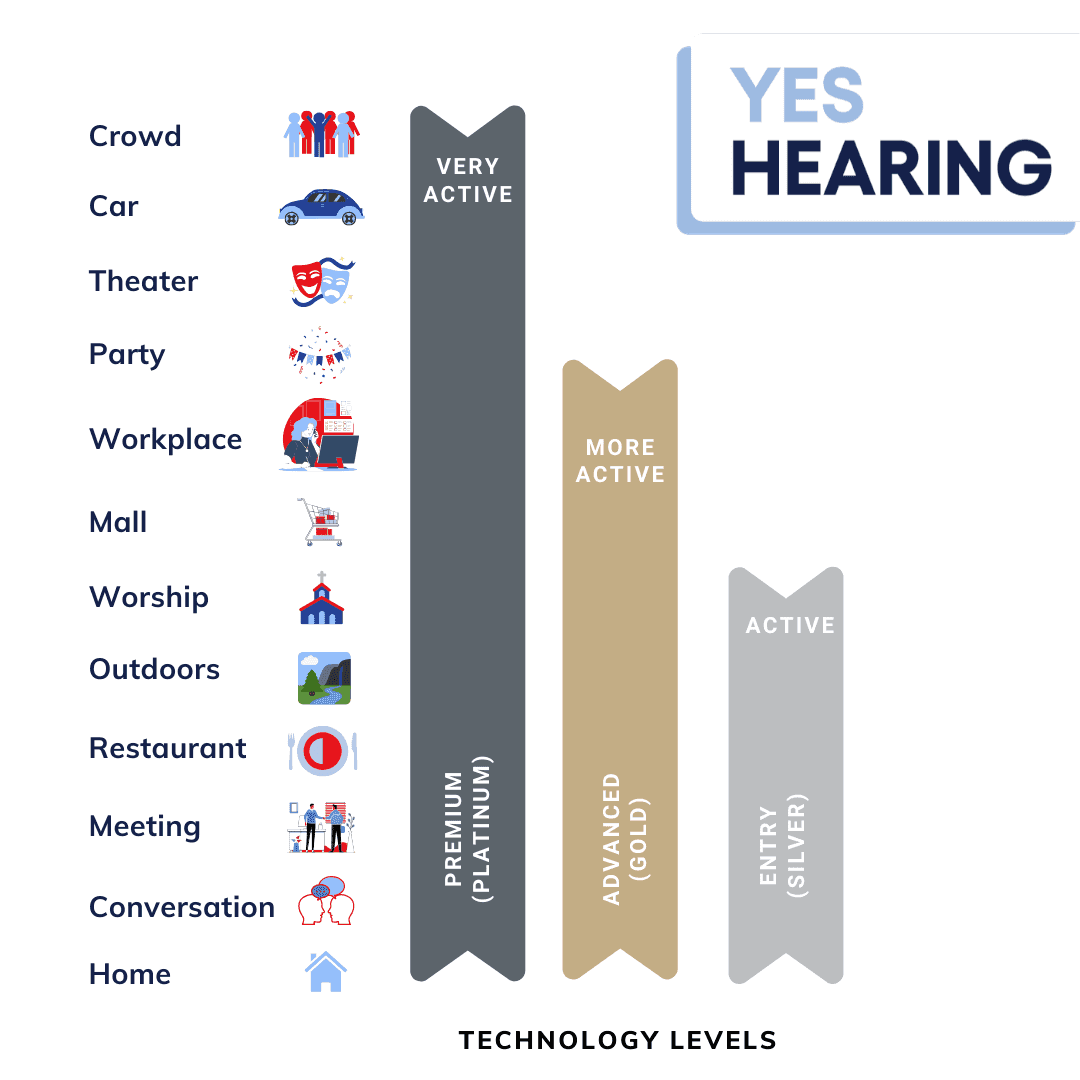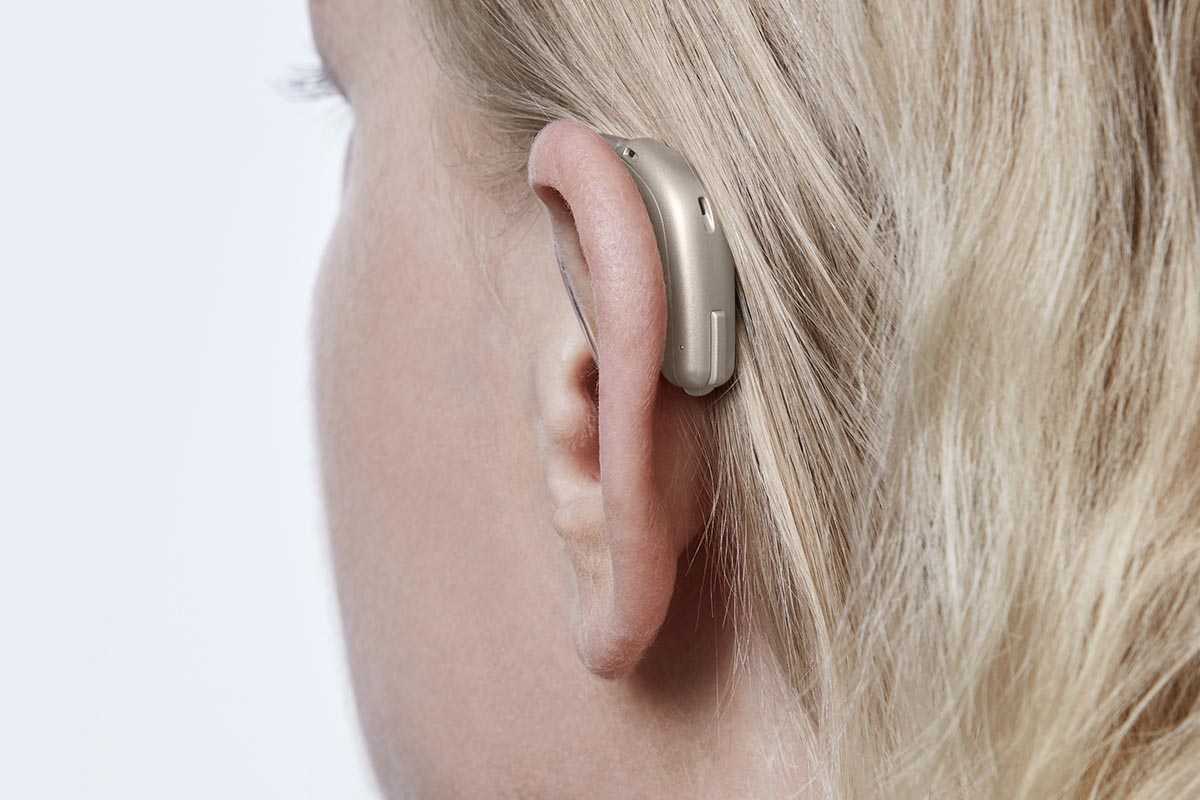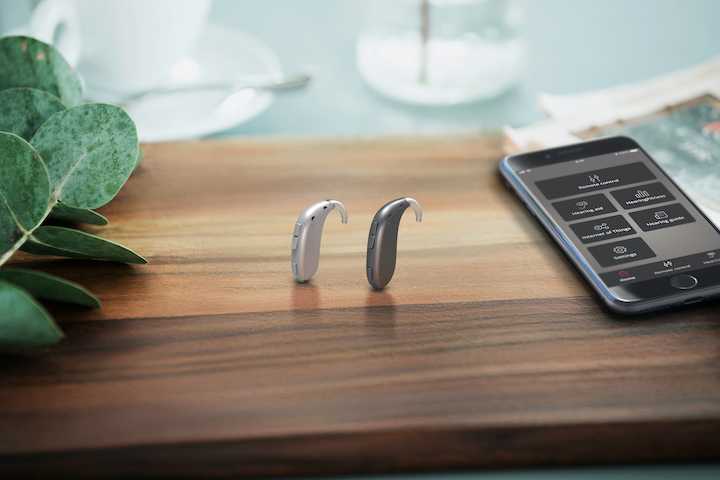Hearing Aids
The Difference Between Hearing Aids & Sound Amplifiers

What is the difference between sound amplifiers and hearing aids?
Hearing Aids and sound amplifiers appear to look the same from the outside, however the technology and application is entirely different when you look a little closer.
Popular television ads, infomercials and new companies are constantly marvelling at the ‘excellent’ results achieved from sound amplifiers. However, despite these outlandish claims you should be aware of the downsides when opting for the cheaper, more generic PSAPs rather than improving your hearing loss with medically classified treatment devices such as hearing aids.
Cheap is expensive
The first thing you might notice when comparing hearing aids and sound amplifiers is that amplifiers have a much lower price point. This tempting entry offer is enticing. Combine price with a catchy video streamed on Facebook and it is understandable why so many people choose sound amplifiers over hearing aids. However, frequency-specific hearing loss is not something that can be mitigated through the amplification of sound. The FDA has warned that the use of a PSAP is not designed to mitigate hearing loss and can be dangerous for your ears, balance and long-term hearing.
A common question our customers ask is why do sound amplifiers cost less than $500 when hearing aids cost upwards of $1500 per ear?
In order to understand this question better, we have decided to break down feature by feature the differences between hearing aids and sound amplifiers.
Hearing Amplifiers vs. Hearing Aids
Sound amplifiers, also known as Personal Sound Amplifiers or PSAPs have come under intense scrutiny from audiologists, medical practitioners and even the FDA. The governing standards agency have put out a warning notice for people looking to improve their hearing, stressing that sound amplifiers are not a replacement for hearing aids.
Sound Amplification vs. Selective Sound Enhancement:
PSAPs amplify all the sounds around you. Their sole focus is to ‘amplify’ sound. Whilst this sounds appealing, this can actually damage rather than help your hearing. Because PSAPs are not selective when it comes to the sounds they amplify, everything simply becomes louder without any focused sound enhancement.
In most cases, individuals with hearing loss suffer a specific type of frequency loss. This means that some low frequency sounds are heard, whereas high frequency sounds are missed (or vice versa). Wearing a PSAP does not discriminate between the different types of hearing loss.
Hearing aids are complex devices that are expertly programmed by hearing professionals based on a medically diagnosed hearing test. Once this test has been taken, an audiogram is produced. This audiogram is the hearing equivalent of an eye glass prescription.
You wouldn’t wear glasses that overly magnified everything around you
Similar to your eyes, your ears have different needs. Hearing aids, similar to glasses, are personally tailored to your needs. At Yes Hearing we don’t sell any hearing aids without our customers having a prior hearing test to measure the types of frequencies that need to be enhanced in order to provide our customers with the best possible treatment for their individual type of hearing loss.
This allows our trained practitioners to boost certain frequencies, provide different settings for different environments- such as restaurants, offices or theatres and to prevent further deterioration of a person’s hearing.
This can often make the difference between mild and serious hearing loss.
Fit and features
Most sound amplifiers include a microphone, an amplifier and a receiver. The receiver acts as a mini speaker that sits in the ear canal. These devices come pre-manufactured in certain settings. This standardisation of models makes manufacturing cost-effective, and allows retail units to offer identical packaging to sell off the shelf. However, this means that users lose the custom-programming, ear dome sizing and personal tailored settings needed to improve a user’s hearing.
Hearing aids come with extraordinarily advanced features such as directional microphones, tinnitus control, own voice processing, sound streaming, wind and external noise reduction, custom environmental settings, Bluetooth, recharging kits and more. They also come with a variety of molds designed to fit any ear shape.
Conclusion
- Sound amplifiers increase the sound of everything around you, regardless of your type of hearing loss.
- Sound amplifiers can be dangerous if not used appropriately.
- Sound amplifiers have a separate classification by the FDA that specifically states “they are designed to increase environmental sounds for non-hearing impaired consumers”
- Sound amplifiers are generic and often poorly manufactured for less than $1 a piece (have a search on sites like Alibaba if you are considering a PSAP. At least this way you won’t be ripped off from an online company marketing a sound amplifier as a hearing aid)
- Hearing aids are fully customisable and tailored to suit a user’s specific needs
- Hearing aids are classified by the FDA as medical devices intended to compensate for hearing loss.
- Hearing aids come with an array of specialist features that not only improve existing sound quality, but enhance sound settings in almost any environment.
- Hearing aids are programmed to enhance sounds at different frequencies, preventing further hearing damage.
Hearing aids and PSAPs might seem similar in appearance, however they could not be more different. If you are looking for a recreational sound enhancer then we recommend trying a PSAP. If you suffer from hearing loss and are looking to improve your hearing and treat conditions such as tinnitus, buying a hearing aid is the recommended option. Buying an amplifier instead of a hearing aid might seem like the cheap, cost-effective way to mitigate your hearing loss, however the effects and improper treatment of this might be more costly in the long-run.

Get ready to reconnect with the world around you
At Yes Hearing, we are committed to helping you improve your hearing and communication with your loved ones. Trial a hearing aid to see the benefits of improved hearing.
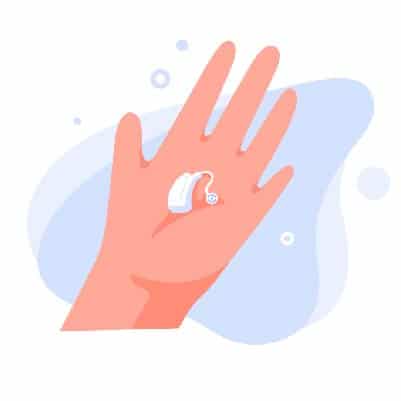
Speak with a Yes Hearing expert to learn more
With more than 50 audiologists around New York, help is near. Arrange a free consultation whenever suits you via phone, chat or video call and speak with an expert today.
Related articles
Subscribe to our mailing list
Be the first to hear about latest news, content, and more by subscribing to our mailing list. Check your inbox for a confirmation email!

